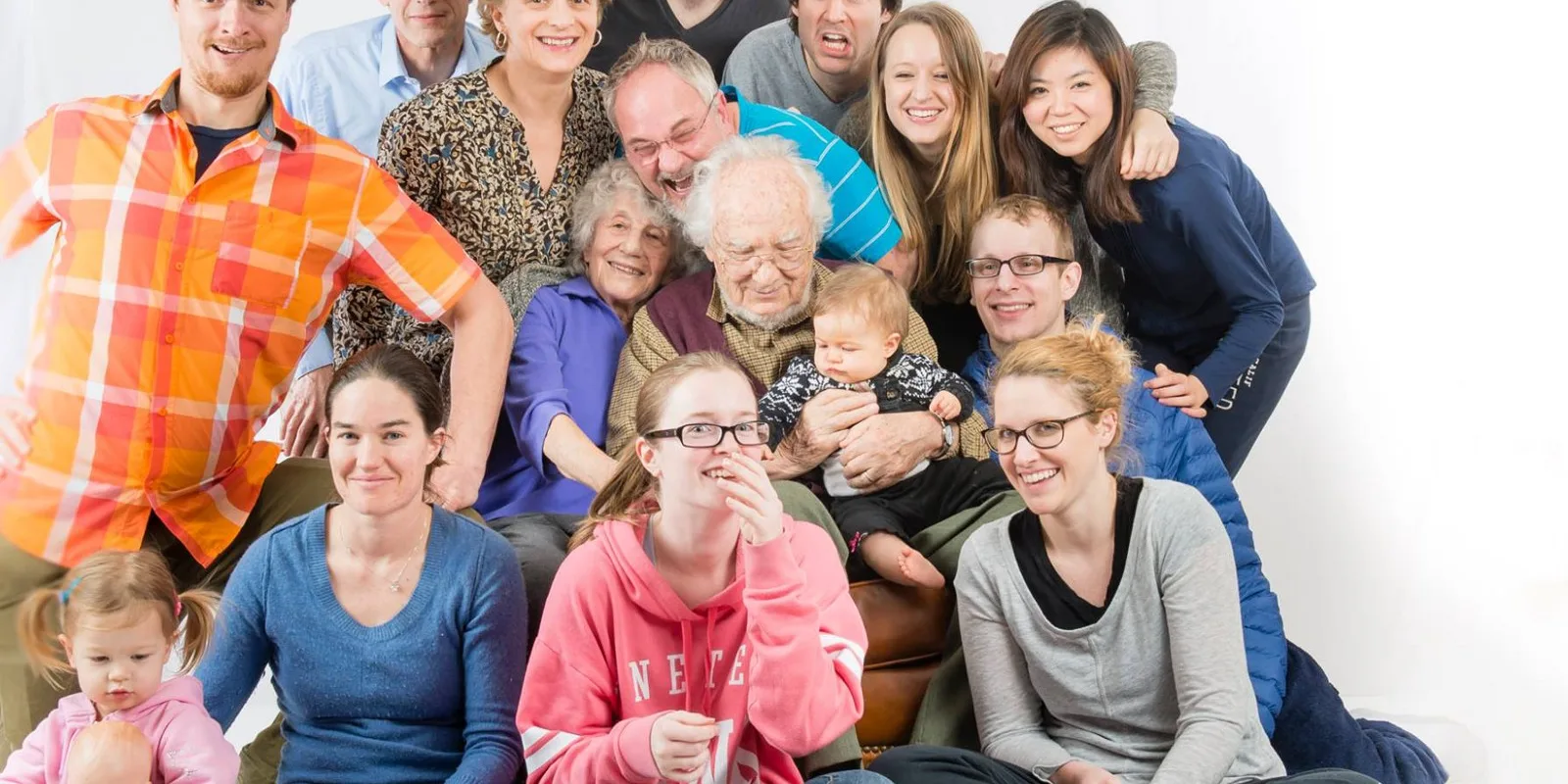
Tis the season
Christmas can be a challenging time for patients, with bed alarms replacing carols and salt-restricted diets masquerading as home cooking. But patients aren’t alone in their struggle to find holiday cheer. Hospitals are notoriously understaffed during the holidays, with begrudging physicians left filling the void. With the “bah humbug” spirit permeating, holidays can be ripe for burnout.
What’s up doc?
But what is burnout? In a 2014 Academic Medicine study, Shanafelt et al. define the term as, “a syndrome characterized by a loss of enthusiasm for work (emotional exhaustion), feeling of cynicism (depersonalization), and a low sense of personal accomplishment.” Unfortunately, this symptom profile is not rare among physicians. In the same study, 50.0% of residents/fellows surveyed met criteria for burnout (this according to a 22-item Malasch Burnout Inventory assessment). Equally troubling, nearly 51% of residents/fellows screened positive for depression. There was, however, a silver lining. For early career physicians (aged 31–47), both burnout and depression were significantly lower. The take home point: if you are starting out in the medical field, these are trying times.
What’s the prescription?
There is no panacea for burnout. However, the armamentarium is not completely barren. At the level of healthcare delivery, there is a grassroots effort to develop practice models that incorporate physician satisfaction/well-being into metrics of “institutional success.” From an individual level, the approach may be more simplistic, with a focus on mindfulness. In a 2009 JAMA study, 70 physicians participated in a 1-year mindfulness education program with a curriculum centered on mindful meditation, appreciative inquiry, and drafting narratives about meaningful clinical experiences. The result was that physicians had durable improvements in burnout, mood disturbance, and empathy (this lasted at least 3 months after program completion).
A Christmas miracle
Allow me a foray into my “meaningful clinical experience.” As a third-year medicine resident, I caught myself toeing the line with “holiday burnout.” The passing of multiple patients had rendered me downtrodden and nearly devoid of the holiday spirit (think of a sad, indebted Ebenezer Scrooge). The only foreseeable cure was a quick bolus of my family. Unfortunately, this did not seem to be in the cards. Residency had and was continuing to interrupt a family tradition 25-years in the making. Every Christmas Eve, the Bettner clan — old and young — pile into a cavalcade of cars. Our destination, evening mass, where we arrive 15 minutes late (like clockwork) and sit in the exact same pew (second row on the right side).
“This is going to be my third year in absentia,” I lamented to my colleague. It was 3 p.m. on Christmas Eve. “How far away do they live?” she asked. “About 3 hours,” I responded. Before long and with few further probing questions, I found myself seated in my car, my GPS dialed in for home, and my pager still in the hospital. My co-resident, Dr. Zimmerman, had volunteered to cover the remainder of my shift. It was a Christmas miracle.
At a little past dusk, still clad in scrubs, I found myself ringing the doorbell of my childhood home. I received a hero’s welcome from a dumbstruck family, chief amongst them was the newest member, baby Bridger, my nephew whom I swaddled and cooed for the first time. With the welcoming complete, I made my way to my dad’s closest to assemble a makeshift Sunday best. Church was in 15 minutes.
Silent Night
Having missed the prelude (a time honored Bettner tradition), we made our way to our preordained seats, second row, right side. Noticeably absent from the pew were my grandparents who, in their 90s, didn’t have the vigor to attend (my grandpa’s Sunday best consists of knickerbockers, a wool sweater, and a beret).
Everything seemed to be going as I remembered: the familiar Bible verses, the visual reenactment of how to light and hold a candle. But not everything had remained identical. The congregation, my parents included, was starting to show its age. I watched my parents, who were ushers, ferry collection plates to the pulpit, ascending a small flight of stairs in the process. My father’s ascent up the staircase was deliberate, his gaze cast downwards, his steps measured; it was something I hadn’t noticed before.
The remainder of the service passed without perceptible deviations from the norm, a fact which held true until the final hymn, Silent Night. As is tradition, the ushers rejoined the priest on the chancel, facing the congregation, the sanctuary aglow in an amalgam of artificial luminescence and candlelight. As my parents turned, I watched their faces. They beamed with pride as they looked at us, proud smiles stretching across their faces, seemingly basking in the presence of their children and grandchildren. The lights were dimmed, leaving only the penumbra of candlelight. The organ started to hum. Holding my candle, I stood frozen. I could feel my grandpa’s presence, his voice bellowing with rich German inflections, his hand pulling my head to his. In the next moment, I experienced time: my grandparents’ absence a shadow of the past, my parents smiling on the horizon, and the future, baby Bridger, resting comfortably beside me in the arms of my brother. I opened my mouth, but not a word came out, just tears, warm inaudible tears. Under the cover of candlelight, I let them fall.
Back to work
At 3:45 a.m. on Christmas morning, having hugged my dad one more time, I climbed back into my car. My drive back to Baltimore was a pleasant one. I was ready for work.
Weston Bettner is a first-year gastroenterology fellow at the University of Pittsburgh Medical Center. He has a penchant for medical journalism, having served briefly with the ABC Medical Unit. He can be found on twitter (@westonbettner) or on Doximity.







